
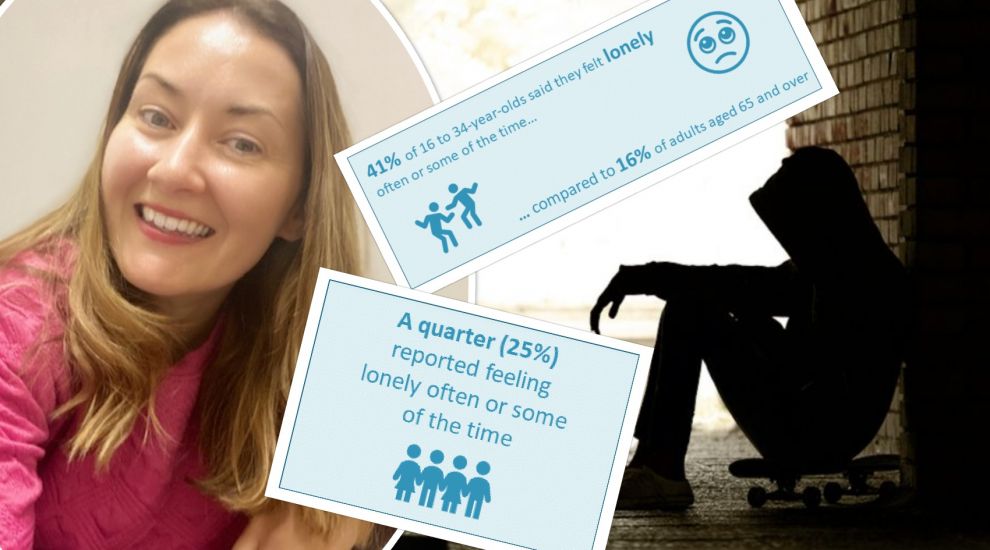

After new research revealed that over 40% of young islanders feel lonely, Express spoke with a mental health professional to understand why this is more common among younger individuals...
Following 'Blue Monday' – deemed the 'most depressing day of the year' – earlier this week, counsellor and clinical content specialist Gemma Campbell shared her tips on how to recognise and address loneliness.
One-in-five feel lonely
This focus on loneliness follows new research published by Statistics Jersey.
The organisation's recent Opinions and Lifestyle Survey of 1,500 islanders found that a quarter of adults in Jersey often feel lonely, with those aged 16-to-34 feeling lonelier than older groups.
Despite being the most socially active age group, 41% of young people still report feeling lonely often or sometimes – compared to just 16% of those over 65.
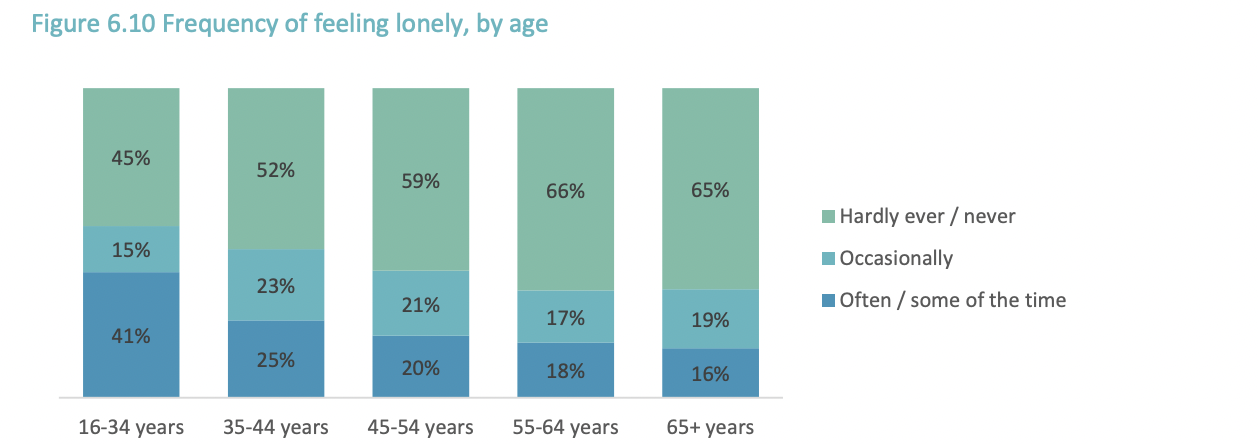
Pictured: Young islanders experience loneliness more often than any other age group. (Statistics Jersey)
An expert opinion...
Express discussed these findings with Gemma Campbell, a counsellor and clinical content specialist at Kooth, which is a digital mental health service commissioned by the Government.
Gemma shared insights and strategies to help young people and others in understanding, coping with, and overcoming the challenge of loneliness...
What is loneliness?
"There is no specific clinical definition of loneliness. However, it is often described as the absence of social contact; it can also represent a deeper emotional disconnect from the world and people around you.
"Loneliness is a subjective experience, complex and unique to everyone. It can make you feel:

Pictured: New research revealed that over 40% of young people experience loneliness often.
"Experiencing thoughts and feelings like this can make it difficult to connect properly or form connections with others, which can then increase loneliness.
"Although we often link being alone with loneliness, it is possible for someone to feel lonely while they’re in the company of friends and family. Sometimes when we spend a lot of time alone this can make us feel lonely, while other times we can be in a large crowd and still have a sense of loneliness.

Pictured: A quarter of islanders often experience feeling lonely. (Statistics Jersey).
"People can experience different levels of loneliness too. While for some it may be a small feeling in the back of their mind, for others it can feel very strong and overwhelming. It doesn’t matter who you are or what your background is: everyone can experience loneliness.
"Loneliness is a tough emotion, yet it’s one nearly all of us have felt at some time or another. It can develop over a long period of time. This makes it difficult to recognise when you are becoming lonely, as it tends to be a slow withdrawal from connection with others."
Why do we feel lonely?
"The cause of loneliness will be different for everyone. Sometimes there is a clear contributing factor to loneliness, and, other times, we may not understand why we are feeling lonely. For some people, external factors or circumstances may mean they feel lonely.
For example:
"There may also be internal factors that can lead to feelings of loneliness. For example, many people with low self-esteem and a lack of confidence can find it difficult to connect with others.
"Ignoring those feelings of loneliness can make us feel worse in the long term and may even contribute to difficulties with our mental health such as anxiety or depression.
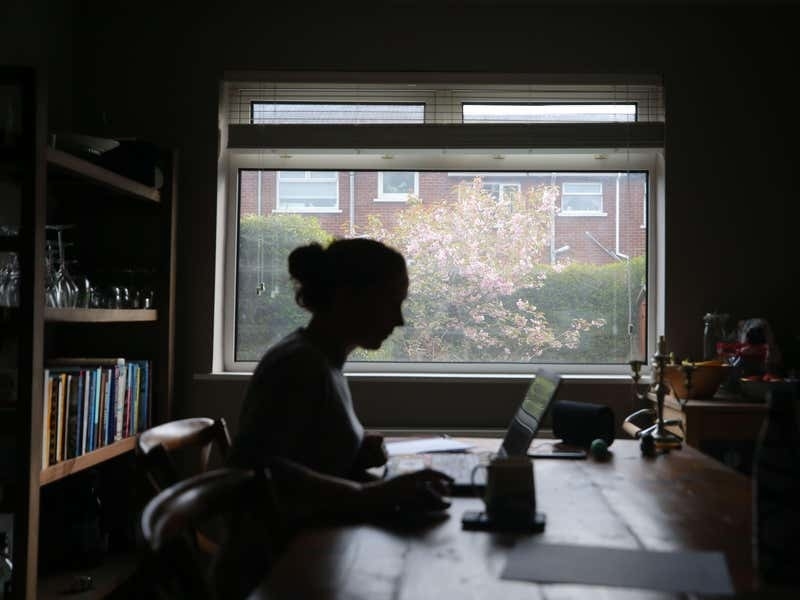
Pictured: Mental health expert Gemma Campbell says that loneliness can occur despite being even if you are surrounded by others.
"While loneliness isn’t a mental health condition itself, loneliness is strongly linked to mental health difficulties. Having an existing mental health problem such as anxiety or depression may increase the chances of feeling isolated and lonely.
For example:
What problems can loneliness cause?
"Similarly, to how mental health difficulties can lead to feeling lonely, loneliness can also increase the risk of developing mental health problems such as depression and anxiety. Some research shows that loneliness can also impact our well-being in areas like sleep and stress levels.
"Research has also shown that loneliness can impact physical health, with higher levels of loneliness being linked to high-blood pressure, a weakened immune system, cognitive decline, and heart disease, as well as sleep quality. While there are many other factors to think about when considering our health, loneliness does seem to have an influence.
"Loneliness can often make approaching the “real world” feel very difficult. Even when we have people around us for support, the deeper disconnection we feel to everyone, and everything can make it really difficult to reach out for support."
What should you do if you feel lonely?
"Everyone's experience of loneliness is subjective, and how to combat feeling lonely will also be unique to everyone. Here are some ideas you could try:
Avoid comparisons: Comparing yourself to others is a very natural thing to do, and it’s hard to avoid. Whether it’s watching other people in everyday life, over social media, or in the news, it may often feel like you are the only one who is feeling lonely, and this will only increase feelings of isolation. Always try to keep in mind that we don’t always know the full story, and people often share only the parts of their lives they want to be seen.
Be patient with yourself: You may have felt lonely for a long time, and some of these steps might seem daunting. Take it slow and be gentle with yourself.
Help others: Whilst it can be hard to think about supporting others when you are not feeling great yourself, altruism is extremely powerful in combating feelings of loneliness. Whether it's helping a neighbour with shopping, doing things that make others feel better can enable a sense of belonging and reduce feelings of loneliness.
Start a new hobby: This can be a way to distract your mind from feelings of loneliness and help you make some more social connections. Sometimes loneliness can start because we lack the meaningful connections that we want with others. Starting something new is an opportunity to meet different people and keep yourself occupied.
You could find a club based on your interests, whether it be at a book club, art club or sports club, mixing with people with similar interests is one way you can have interesting and stimulating conversations and find deeper connections. This could be an in-person or online club. Or, if volunteering is an option for you, this is a great way to meet a wide range of people and helping others can help our mental health.
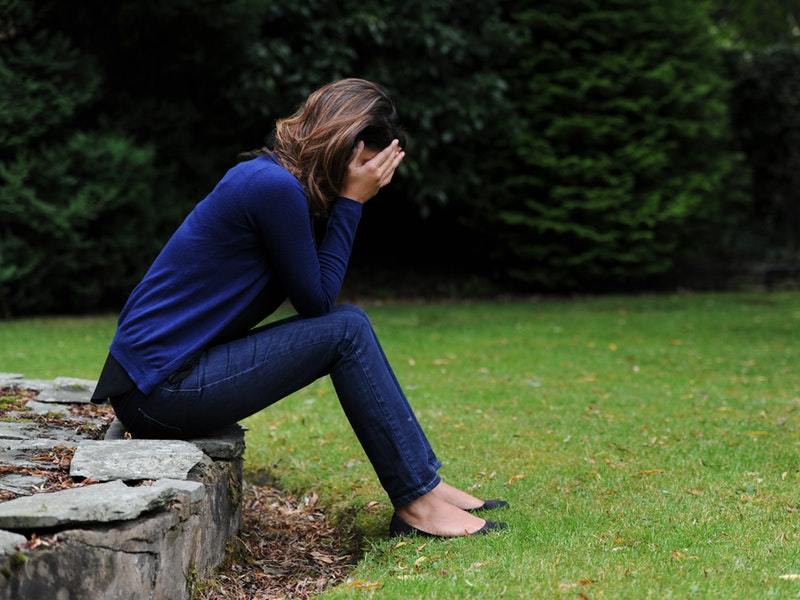
Pictured: Mental health expert Gemma Campbell shared practical advice such as avoiding comparisons, joining a club and helping others.
"While loneliness is more than just whether we are surrounded by people or not, talking to others can distract us for a while and help us build meaningful relationships. If you feel like you are able, talk about how you are feeling.
"Talking about loneliness is important - we all feel it at some point, and your loved ones might be able to give you some advice or a listening ear. If you have been lonely for a long time, talking to others might seem like an impossible task.
"However, listening to others can be just as beneficial. We might not have much to say but listening to someone else can be a great way to keep in touch with our loved ones and to make us feel part of a social network.
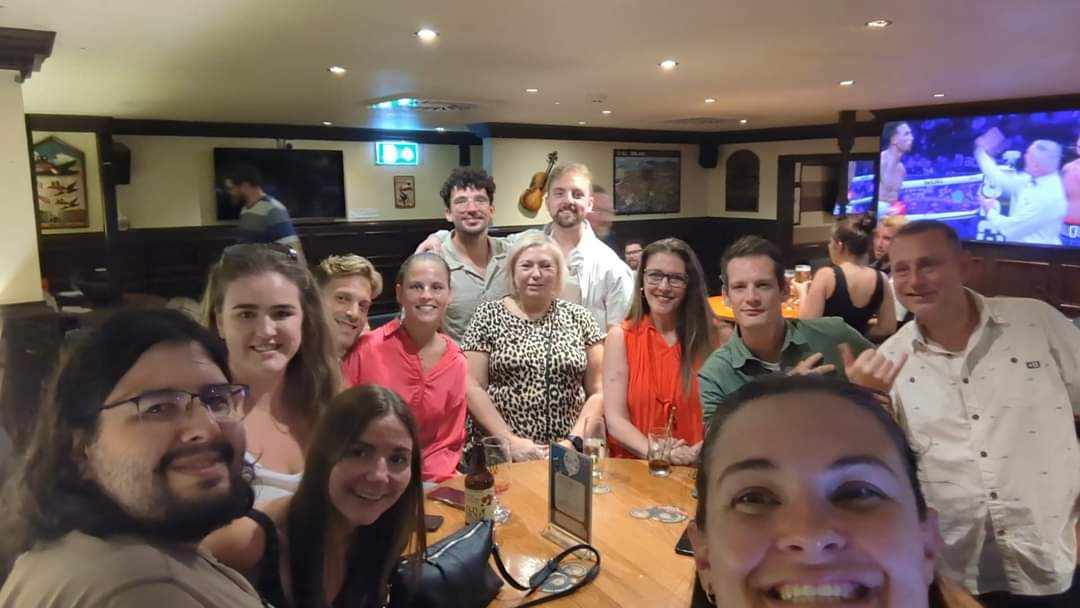
Pictured: 27-year-old Kira Moisan set up a Facebook group called ‘Safety in New Friends’ in 2022 to help combat loneliness.
"You might not feel like reaching out to friends or family, and that’s okay. There are several services and resources available to you, if you find that you are struggling with feelings of loneliness.
"For example, Kooth provides young people with support that is anonymous, safe and 24/7 accessible personalised digital mental health support.
"There are no waiting lists or thresholds to meet, and a referral from a medical professional is not required to access Kooth.com. Once a young person is registered, the service is instantly available through any internet-connected device such as a smartphone, tablet or computer."
How do you support someone who you think might be lonely?
"Loneliness, as with mental health, is different for everyone, but when noticing any changes, the first port of call for anyone supporting someone is to try and talk openly with them.
"It can be tricky to know what the right things are to say to put the person at ease. While simply talking can sometimes feel daunting to those playing a supporting role, it is a crucial first step to addressing difficult emotions.
"A safe space must be provided where the person feels that they have time to talk and will be listened to; having somewhere they can share their worries when feeling lonely or anxious, without judgement and fear of stigma can really help.
"Providing a calm and welcoming environment and showing that you are willing to take the time to listen to them, is an important first step in helping to start the conversation. After all, disclosing sensitive information about how they are feeling can be difficult.
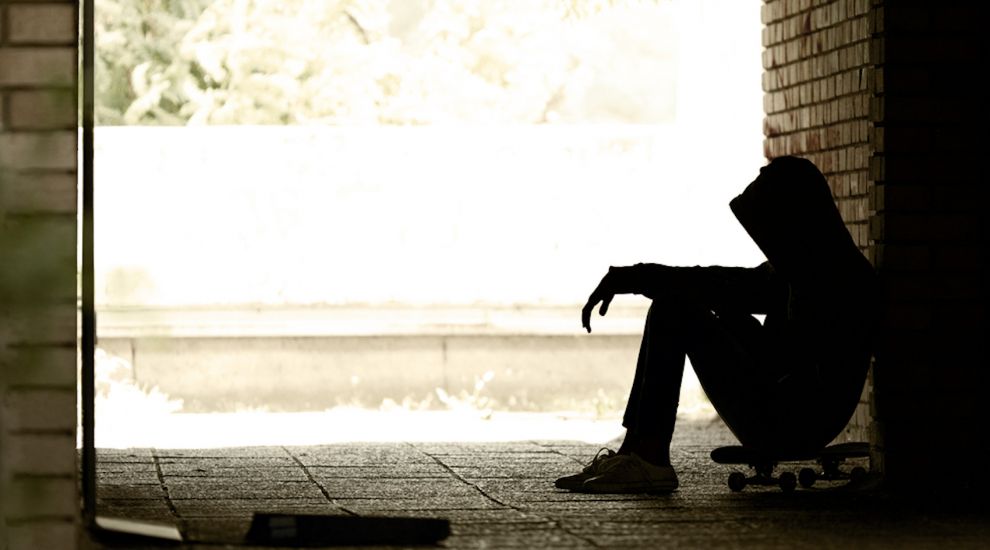
Pictured: Gemma Campbell's insights aim to raise awareness and provide support for individuals grappling with loneliness.
Here to help: Let the person know that first and foremost you’re here to help them and try to create an environment where there is space for them to talk or express how they are feeling. The following tips should enable this:
No pressure: Shifting early questions away from ‘what’s wrong’ to ‘what’s happened’ can be a really useful way of helping people to tell you about themselves without feeling pressured to respond to a question that they may not have an answer to (‘what’s wrong’ typically leads to a ‘don’t know’ or a ‘you tell me’ response).
I’m worried: Let the person know that you are worried about them – many people feel that feelings of loneliness are trivial and that they should not be bothering other people with them.
Open-ended: Asking more open-ended questions generally encourages meaningful conversation whereas questions with yes/no answers (whilst sometimes necessary) can shut people down in the early stages.
Don’t downplay: Try to avoid the temptation to downplay how a person may be feeling, even if this is a well-intended attempt to ‘normalise’ their experiences. This may be helpful further down the line - but taking this approach too early can be off-putting for people - sit with their feelings for a while first.
Not alone: Not to be confused with ‘normalising’ too quickly, do remind the person that they’re not alone – just hearing this can be powerful and you can do this without minimising their experiences.
Hear me out: Try not to jump too quickly to solutions/advice giving; linked to the above, it is more helpful to spend time in the early stages focussing on the ‘problems’ - not only does this help people feel heard; they often start to naturally talk about some of the solutions themselves and that sense of self-discovery is important.
Balancing: In the early stages, finding the balance between listening and asking questions is tricky! As a rule, the more a person feels listened to, the more likely it is that they will value the interaction and come back for more help. Ask questions but try not to overload them!
Reactions: Be mindful of your reactions, both verbally and nonverbally - if a person feels ‘judged’ (no matter how unintentional), they are unlikely to feel able to be open with you.
Respect privacy: Lastly, always respect the person’s privacy and be clear about confidentiality - people just want to know where they stand and feel you are being transparent with them when it comes to sharing information."
Jersey Talking Therapies: JTT@health.gov.je or 01534 445002
Mind Jersey: admin@mindjersey.org or 07829 933 929
Listening Lounge: counselling@listeninglounge.care or 01534 866793
Mental health crisis support: If you experience a mental-health crisis, you can call 01534 445290 at any time.
Children and Families Hub: childrenandfamilieshub@gov.je or 01534 519000
Kooth: Kooth gives people between 13 and 25 years old free, anonymous online counselling and support.
Jersey's young people feel lonelier than any other age group